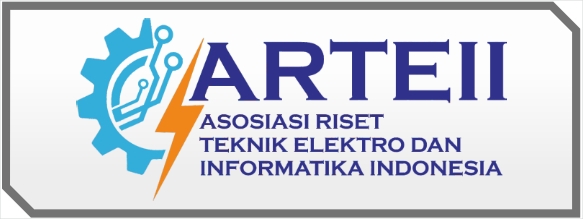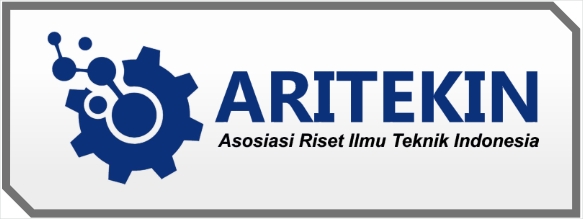Problem Solving Learning Model as an Alternative to Mathematics Learning that Can Foster Student Learning Independence at SMK Panca Budi
DOI:
https://doi.org/10.55606/icesst.v3i1.386Keywords:
Learning Model, Problem Solving, SMK Panca Budi.Abstract
The Problem-Solving Learning Model is one of the learning models that can develop problem-solving skills and student learning independence where this model is developed based on polya theory known as problem-solving steps, namely: identifying problem information/understanding problems, planning problem-solving strategies, using problem-solving strategies and re-examining solutions or solutions to problems that have been generated. The Use of the Problem-Solving Learning Model to Improve the Problem-Solving Ability of Pancabudi Private Vocational School Students for the 2023/2024 Academic Year. The purpose of this research is to determine the effectiveness of learning using the Problem-Solving learning model. This research is located at SMK Swasta Pancabudi where the class applies the Problem Solving learning model which will be compared with different classes using the classical learning model.
References
Arends, I.R. 2008. Learning To Teach. Yogyakarta: Learning Library.
Arikunto, S. 2006. Basics of Educational Evaluation. Bandung : Bumi Aksara.
Asmin and Mansyur A. 2012. Measurement and Assessment of Learning Outcomes with Classical and Modern Analysis.Medan: LARISPA.
Anwar, M. (2015). Philosophy of Education. Gold.
Ayu, F., & Anggraini, D. (2024). Implementation of the English Workshop Program for Primary School-Age Children in Klambir Lima Kebun Village. 2(1), 19–26.
DD, U. (2019). Qualitative Research Methods. Admaja Jaya Catholic University.
Fadilah, N., Alilah, N., & Lubis, H. P. (2020). Analysis of the Effect of Financial Statement Preparation on MSME Performance in Kelambir Lima Village, Kebun District, Hamparan Perak District, Deli Serdang Regency1. Nusantara: Journal of Social Sciences, 7(2), 408–420.
Loe, A. P. (2022). Implementation of the Problem Solving Model to Improve Student Achievement of the Economic Education Study Program, Nusa Cendana University During the Covid-19 Pandemic. Journal of Economic Education, Business and Accounting (JEEBA)., 1(1), 40–48.
Mardalis. (2006). Research Methods: A Proposal Approach. Earth Literac
Siagian, M. D. (2017). Learning mathematics from the perspective of constructivism. NIZHAMIYAH: Journal of Islamic Education and Educational Technology, VII(2), 61–73.
Siregar, M. Y. (2022). Providing Education on the Importance of Computer Science and Management, Anti-Drug Spirit, and Student Achievement in the Pandemic Period for a Brilliant Future at SMAN 2 Medan. Friday Informatics: Journal of Community Service, 3(2), 72–77. https://doi.org/10.32764/abdimas_if.v3i2.2894
Sugiyono. (2016). Educational Research Methods. Alphabeta.
Suhendri, H. (2015). The Influence of Problem-Solving Learning Methods on Mathematics Learning Outcomes Viewed from Learning Independence. Formative: Scientific Journal of Mathematics and Natural Sciences Education, 3(2), 105–114. https://doi.org/10.30998/formatif.v3i2.117
Difficulty. (2003). Research Methods. Earth Literacy
Downloads
Published
How to Cite
Issue
Section
License
Copyright (c) 2024 The International Conference on Education, Social Sciences and Technology (ICESST)

This work is licensed under a Creative Commons Attribution-ShareAlike 4.0 International License.















